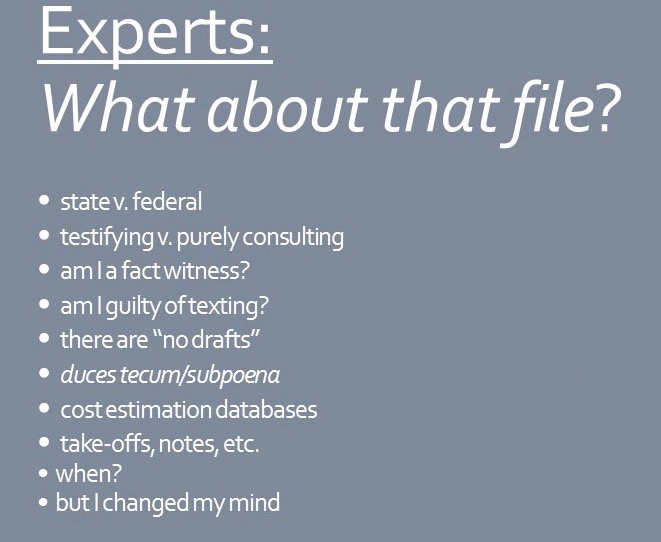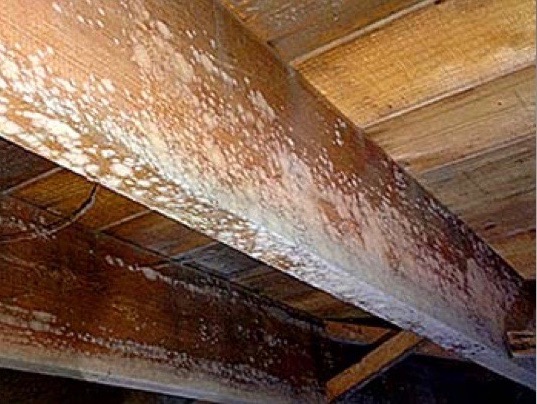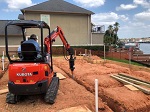

Webmaster: Stansfeld, LLC. |
|
|

JULY 2012 MEETING
Wednesday, July 11, 2012 (1.0 PDH)
TECHNICAL PROGRAM
How Wetlands Influence Development
Speaker: John Davidson, Commerical Fishery Reporting Specialist, National Marine Fisheries Service
Mr. Davidson has over 25 years of federal service - Three years as a Commercial Fishery Reporting Specialist, National Marine Fisheries Service, Galveston, Texas and 22 with the with the Regulatory Branch, U.S. Army Corps of Engineers, Galveston District. At the Corps, he originally worked in the permit Evaluation Section for three years before transferring to the Compliance Section. He assigns and reviews work for the section and conducts compliance inspections of issued permits, determines and delineates wetlands, and investigates alleged unauthorized activities. Mr. Davidson has also been an instructor at Wetland Delineation Courses for federal and state agencies, Regulatory Project Manager on pipeline relocations for Houston/Galveston Navigation Channel expansion project and served on the Hurricane Andrew Relief Team in South Florida, Hurricane Katrina Relief Team in New Orleans, and Hurricane Rita Relief Team in Beaumont. He served as the Regulatory Appeal Review Officer for the Southwest Division from July 2008 to December 2009.
PRESENTATION SUMMARY
 To an audience of about 65 at Hess, John Davidson provided an overview of the wetland regulations affecting development. Mr. Davidson is a graduate of Texas A&M and has worked for the Corp of Engineers for 22 years. He currently works out of the Galveston District office. The greater Houston area is contained in the Atlantic and Gulf Coastal Plains Region.
To an audience of about 65 at Hess, John Davidson provided an overview of the wetland regulations affecting development. Mr. Davidson is a graduate of Texas A&M and has worked for the Corp of Engineers for 22 years. He currently works out of the Galveston District office. The greater Houston area is contained in the Atlantic and Gulf Coastal Plains Region.
Mr. Davidson discussed the current and proposed requirements to identify a wetland including soil samples, sampling methods, flora and fauna. He defined a wetland as: “areas that are inundated or saturated by surface or ground water at a frequency and duration sufficient to support, and under normal circumstances do support, a prevalence of vegetation typically adapted for life in saturate soil conditions”. The three main features that make a wetland are: Hydrology (water), Hydrophytic plants (plants adapted for wet conditions), and Hydric (wet) soils. Mr. Davidson made the interesting point that even after 22 years as a wetlands specialist, he cannot always identify a wetland without onsite sampling and investigation. He went on to discuss wetlands boundaries as determined by NRCS Land Resource Regions (LRR) and Major Land Resource Areas (MLRA) and commented that wetlands transition zones may be tens or hundreds of miles wide.
Mr. Davidson outlined the various geographical regions and districts and described and discussed a number of terms that are used to define wetlands. He also discussed the permitting process, including avoidance, minimization and compensation. He discussed how to obtain Jurisdictional Determinations from the Corps of Engineers. This helped to provide a basic understanding of the Wetland Regulatory Program.
The main laws that regulate projects are: Section 10 of the Rivers and Harbors Act, and Section 404 of the Clean Water Act. Most wetlands determination methods are currently defined by the 1987 Wetland Delineation Manual. The current vegetation guide is the National Wetland Plant list 2012 effective June 1, 2012. Mr. Davidson then discussed delineations (qualitative) versus determinations (quantitative). A number of helpful guidelines and resources were provided to outline the processes. Mr. Davidson concluded by presenting sample developments in and around wetlands and the options available to receive approval.
To download a copy of the slide presented by Mr. Davidson click here
For additional information go to the:
-Headquarters Webpage www.usace.army.mil/Missions/CivilWorks/RegulatoryProgramandPermits.aspx
-Galveston District Webpage: www.swg.usace.army.mil/BusinessWithUs/RegulatoryBranch.aspx
|



